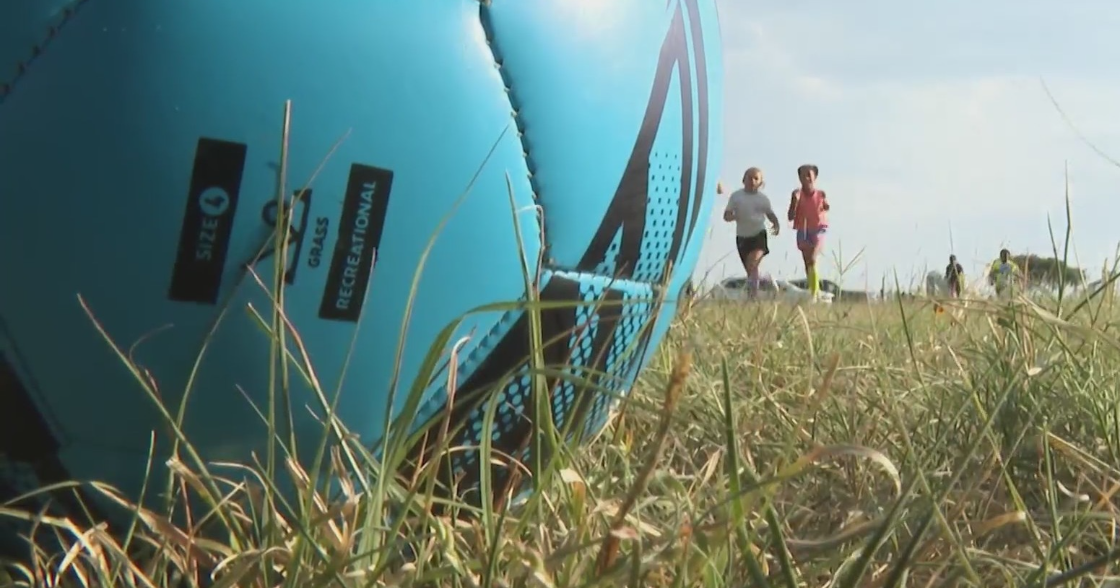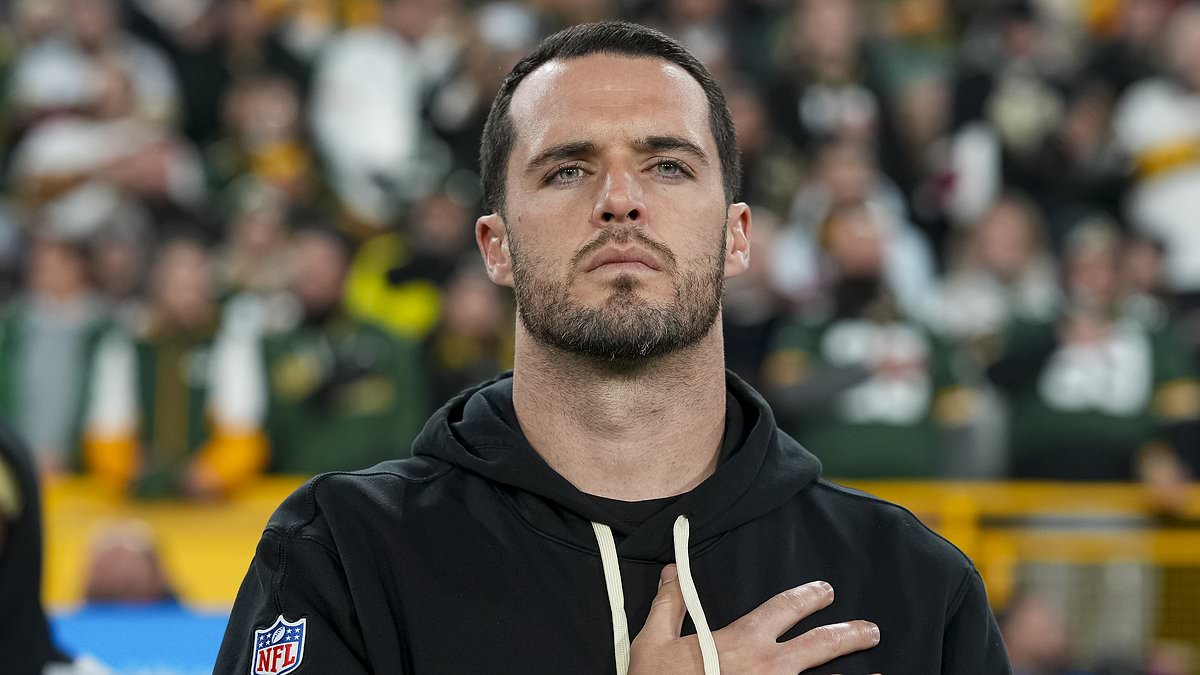
Many families have children in sports, and while physical activity is healthy, too much of it can be a bad thing.
Almost three million kids go to the emergency room in the United States each year for sports-related injuries, according to the Centers for Disease Control and Prevention.
Fun first at YMCA practice
It’s a toasty day of soccer practice at the YMCA Marine Creek Field in Fort Worth, and for coach and dad James Russell, the important part is knowing kids are having fun.
“For it to be a lighthearted atmosphere is great because there’s no pressure on these guys,” Russell said.
Russell coaches his 8-year-old daughter, Layla, in a seasonal soccer program with the YMCA.
“You’re going to try to do things, you’re going to come up short, you’re going to fail, but you got to learn how to use that to learn to grow in life because a lot of life does not go your way, just like on the soccer field,” Russell said.
Balancing fun with competition
“We want to make sure the sport is fun first, and then you want to introduce that competitive aspect. Any way that you teach that, we teach them how to do it properly,” said Osiris Estrada, executive director of the YMCA of Metropolitan Fort Worth.
Seventy percent of kids quit organized sports by age 13, and one in 10 report burnout, according to the American Academy of Pediatrics.
Pressure can lead to burnout
Dr. Shane Miller, director of medical sports medicine at Scottish Rite for Children, said it’s critical to emphasize the importance of young kids enjoying the sport and learning the abilities to participate.
“When there’s pressure, that can be the coaches or the parents, it really makes it no longer fun and drives them away from their sport,” Miller said.
Miller said more than half the pediatric injuries he sees are overuse injuries.
“This may impact their growth and may contribute to pain and limit their ability to participate in their sport. It can cause long-term damage,” Miller said.
Rest and limits are essential
Miller encourages young kids to take two to three months off sports each year.
“We don’t want them playing every day the same sport, and we don’t want them participating more hours per week than their age,” Miller said. “So, for example, a 10-year-old shouldn’t be doing more than 10 hours per week of organized sports participation.”
Many parents of the 8- and 9-year-olds at the Fort Worth YMCA soccer practice said their kids may go into competitive sports when they’re older and set their own goals for the future.
“Even playing soccer, it’s if she wants to play, she plays,” Russell said. “Even with the older kiddos, if as long as they’re doing something good, I mean, they can be in the chess club if they want, I don’t care as long as they’re involved in something.”
Encouragement over perfection



